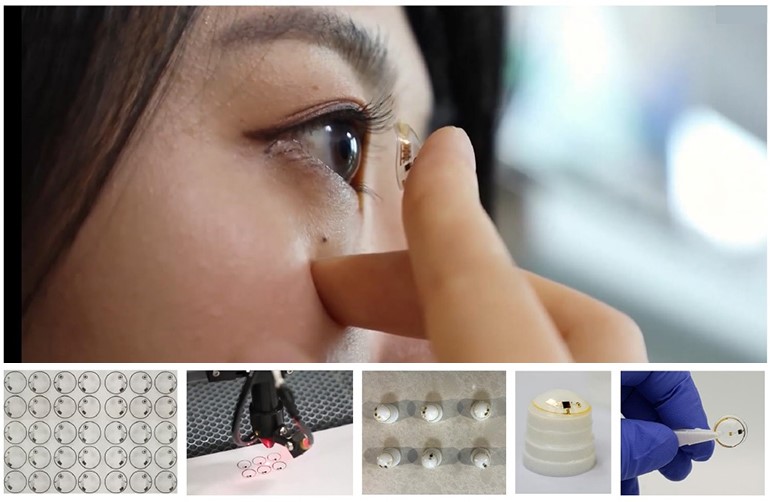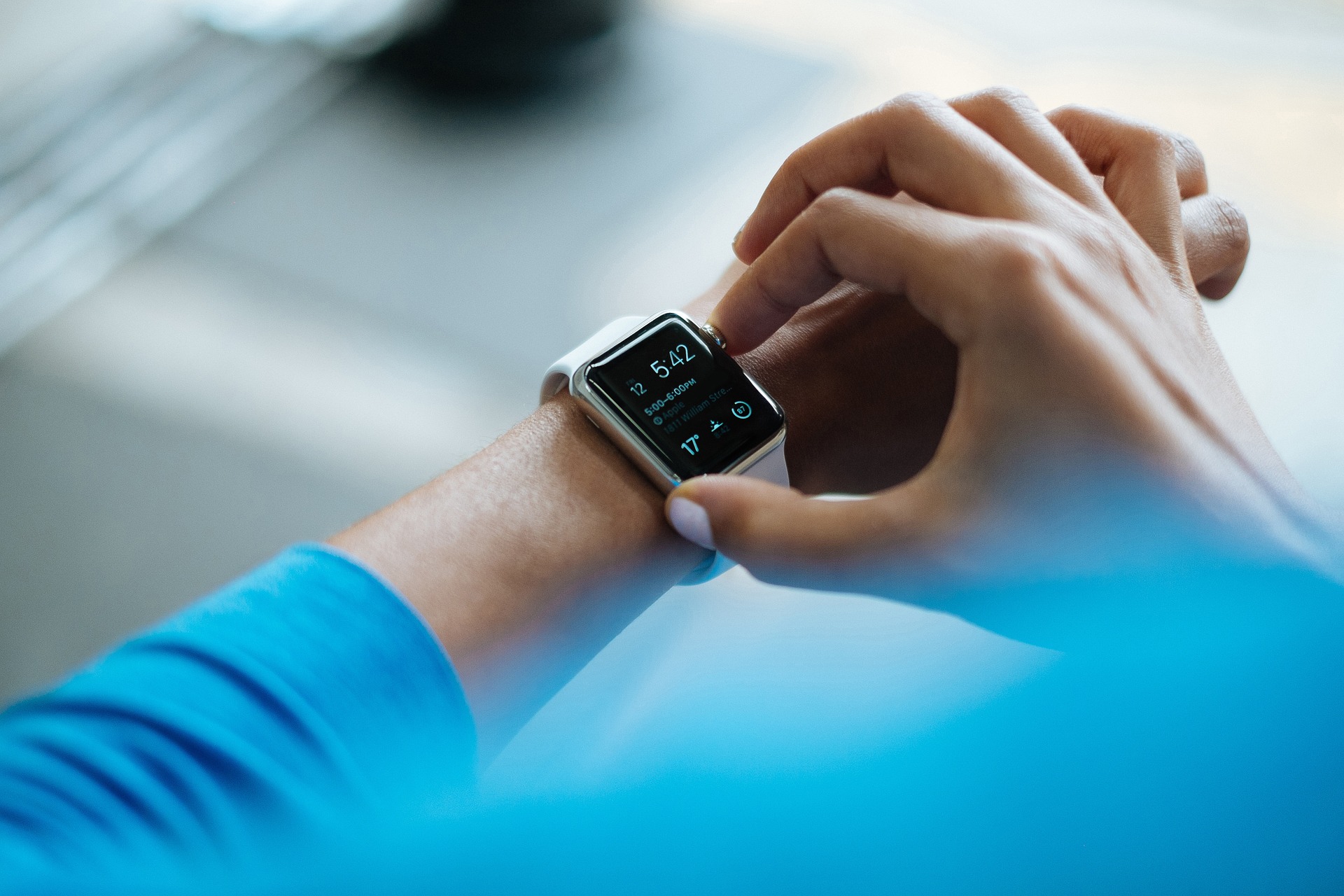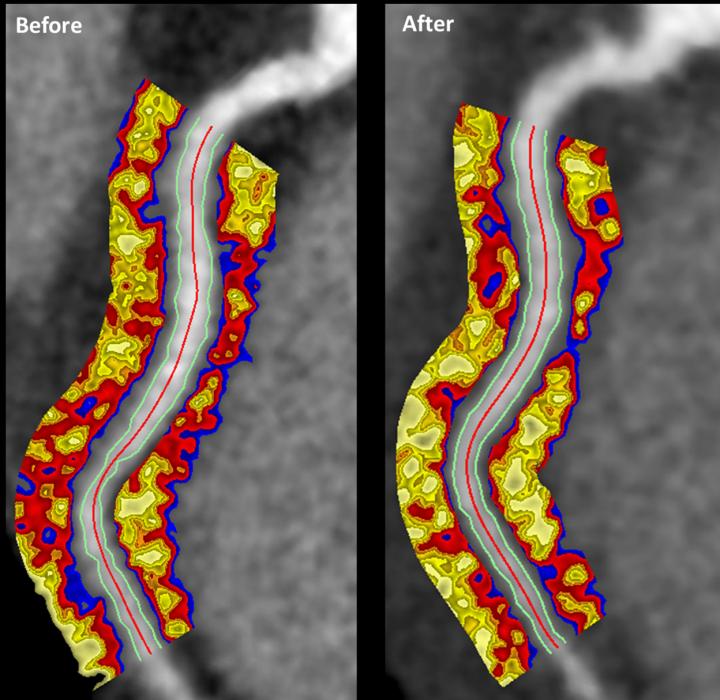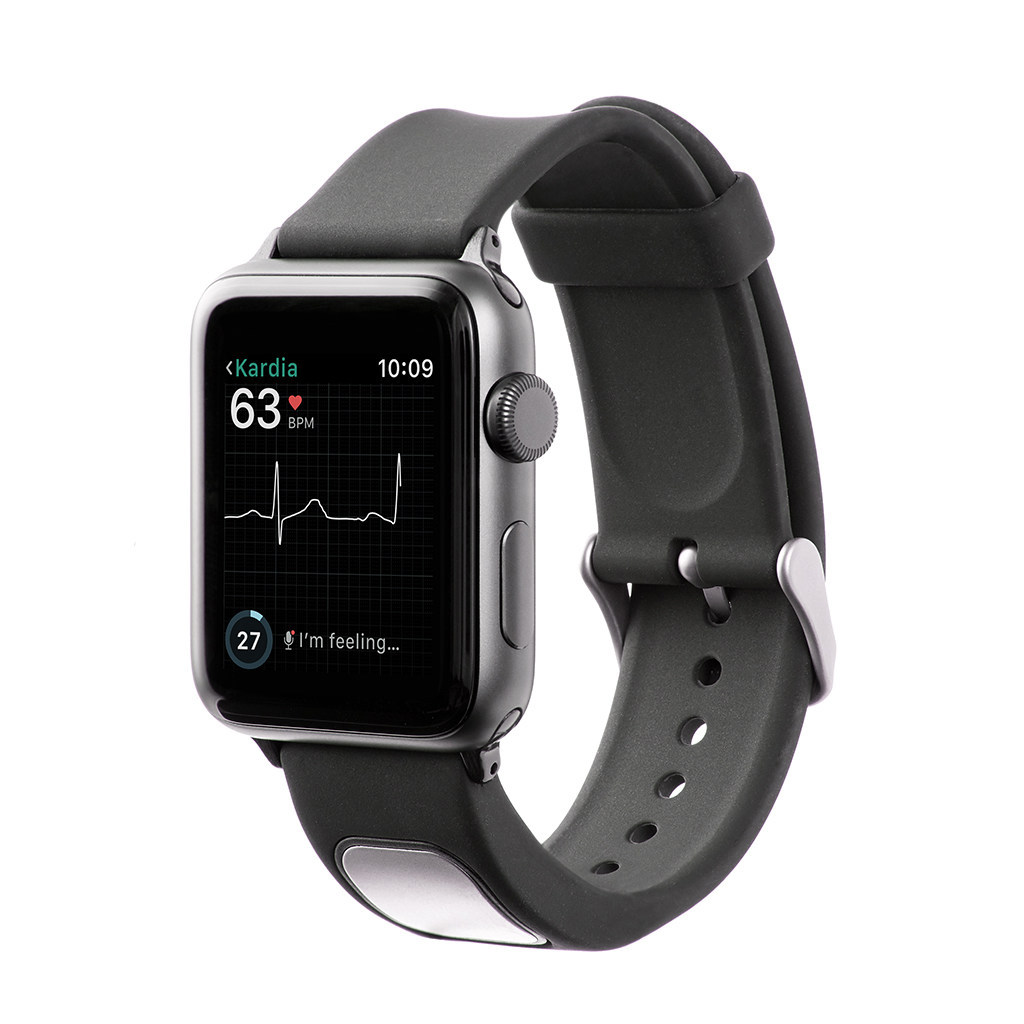The San Francisco-based tech giant, Fitbit, has received clearance from the US Food and Drug Administration (FDA) and the Conformité Européenne (CE) in the European Union for its electrocardiogram (ECG) app. The application is used to assess heart rhythm for atrial fibrillation (AFib).
AFib is an irregular heartbeat, known as arrhythmia, that can lead to blood clots, stroke, heart failure and other heart-related complications. Globally, more than 33.5 million people are affected by this condition, and more than two million of these individuals are Americans.
Typically, when a patient is experiencing AFib the upper chambers of the heart beat irregularly which affects the movement of blood into the ventricles. One of the ways to diagnose AFib is by using an ECG where several electrodes are placed on the skin to measure and record the heart’s electrical activity in wavelengths.
The Fitbit ECG app will be available in October 2020 for users on Fitbit Sense, which is an advanced health smartwatch that helps consumers use tools to manage stress, monitor heart health, skin temperature and more. The app is available in the United States, United Kingdom, Hong Kong, India and a number of European countries.
Studies suggest that 25 percent of people who have AFib-related strokes only find out that they have AFib after a stroke occurs.
“Helping people understand and manage their heart health has always been a priority for Fitbit, and our new ECG app is designed for those users who want to assess themselves in the moment and review the reading later with their doctor,” Eric Friedman, Fitbit co-founder and CTO said in a statement. “Early detection of AFib is critical, and I’m incredibly excited that we are making these innovations accessible to people around the world to help them improve their heart health, prevent more serious conditions and potentially save lives.”
Fitbit conducted a multi-site clinical trial in regions across the US. They studied and evaluated their algorithm’s ability to accurately detect AFib from normal sinus rhythm and generate an ECG trace. As stated, “the study showed that the algorithm exceeded target performance, demonstrating the ability to detect 98.7 percent of AFib cases (sensitivity) and was 100 percent accurate in identifying study participants with normal sinus rhythm (specificity).”
The new ECG app analyzes the heart’s rhythm and checks for signs of AFib. “Physicians are often flying blind as to the day-to-day lives of our patients in between office visits. I’ve long believed in the potential for wearable devices to help us stay better connected, and use real-world, individual data to deliver more informed, personalized care,” Dr. Venkatesh Raman, an interventional cardiologist at MedStar Georgetown Hospital and Principal Investigator for the US clinical study on Fitbit’s ECG App, said in a statement. “Given the toll that AFib continues to take on individuals and families around the world, I’m very enthusiastic about the potential of this tool to help people detect possible AFib, a clinically important rhythm abnormality, even after they leave the physician’s office.”
Apple Watch and Heart Health
Fitbit isn’t the only tech company developing heart health apps; in late 2019, Apple Watch introduced an app known as Invitae Discover which serves as a clinical research platform that gathers heart health data.
The aim of the study is to further understand the genes that cause cardiovascular disease. The first study focused on trying to understand the genetic basis of cardiovascular disease and the platform will use the biometric data gathered from the Apple Watch to better understand this disease.
The pilot study is called, “correlations between AFib and Cardiomyopathy Phenotypes and Variants of Uncertain Significance in cardiac-related genes (AFib CAUSE).” When participating in the study, questions about cardiovascular history and risk factors are asked. Data is then gathered from the watch and iPhone application. Participants could also share their medical records from the phone itself.











Join or login to leave a comment
JOIN LOGIN